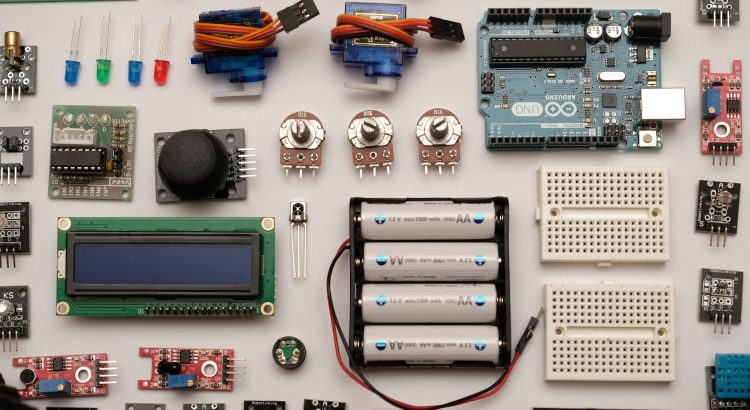Podcast: Play in new window | Download
Subscribe: Spotify | Email | TuneIn | RSS
This week, we answer a listener’s question about whether he should pursue schooling beyond a Master’s degree.
Plus – once your formal education is complete, how can you continue to focus on learning? What steps should we take to become life-long learners?
Adam writes:
I have been given an exciting opportunity to continue my education and pursue a PhD, working with the professor who sponsored my masters research project. It would require moving across the country to work in the lab (since I was able to do my masters remotely). That would require me to either quit my job and just work on my PhD full time, or to switch roles within my (large) company and drop to part-time work while doing my PhD research. Either way I would be sacrificing my full-time salary for several years to either be living on just a stipend (a big lifestyle change, financially), or having to juggle PhD and professional work at the same time. Do you have any advice to help me decide if the sacrifices are worth it to continue my education? I am still unsure if the time, money, energy, and lifestyle changes to get a PhD will pay off, or if my masters will be sufficient, and I am struggling to figure that out.
We offer advice on how to assess his long-term career goals, and help him consider the cost/benefit analysis of more schooling. For example, there’s data on how much a PhD can increase your salary over someone with a Bachelor’s or Master’s degree.
But wait, there’s more! Adam also wants to know how to continue his development once the formal schooling is over:
I want to always be a life-long-learner. I’ve been involved in formal education for most of my life to help guide my learning. Now that I am not in school anymore (at least for now), what tips do you have to help me stay current in my field? How can I always be learning and growing in my knowledge, exposure, and skills, especially in a field as diverse and complex as robotics?
We have lot’s of ideas for ways that Adam (and the rest of us) can stay engaged in learning. From attending conferences to mentoring students to maker-spaces, there are plenty of opportunities to continue learning, if you’re willing to put in the work.

